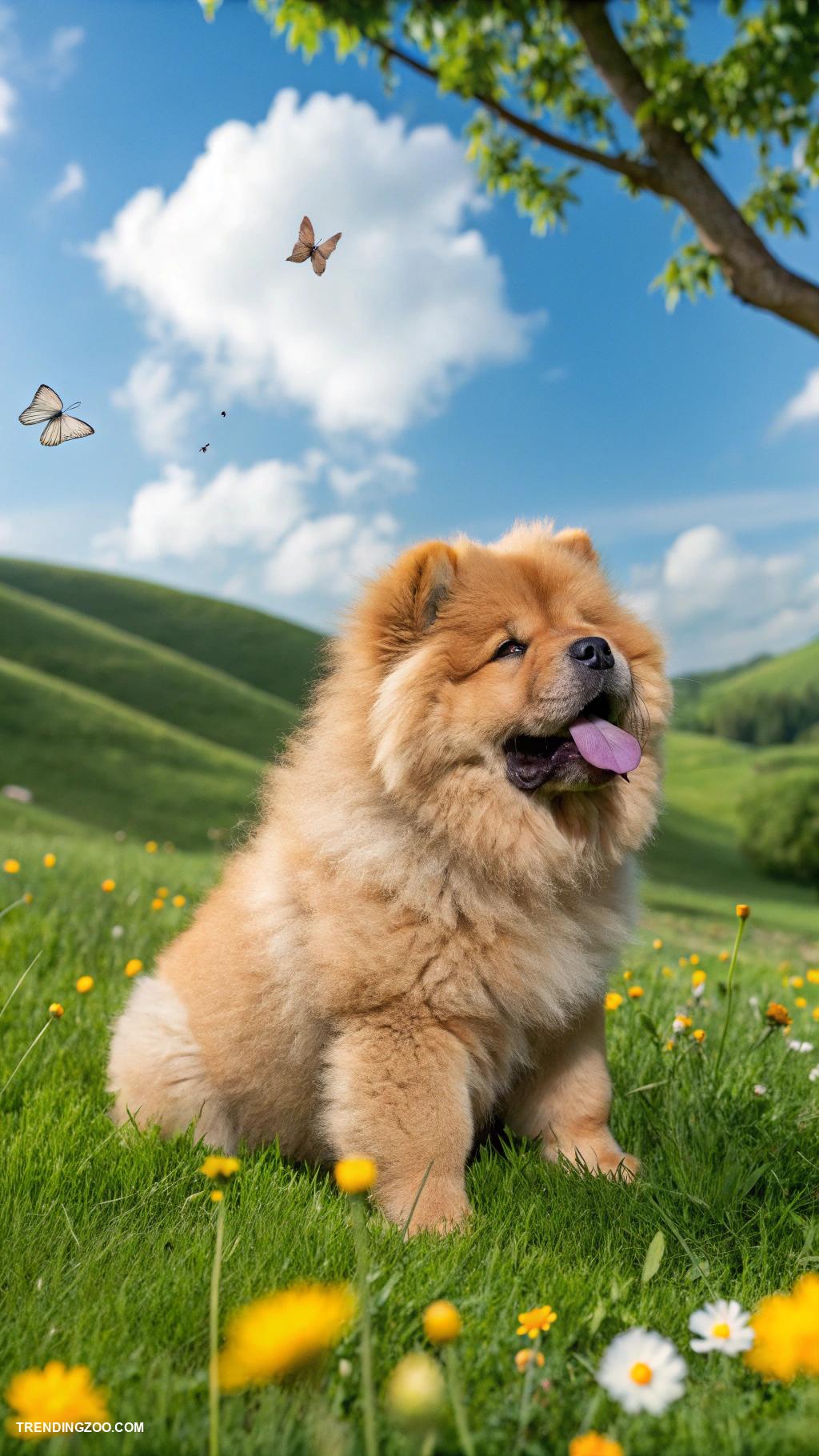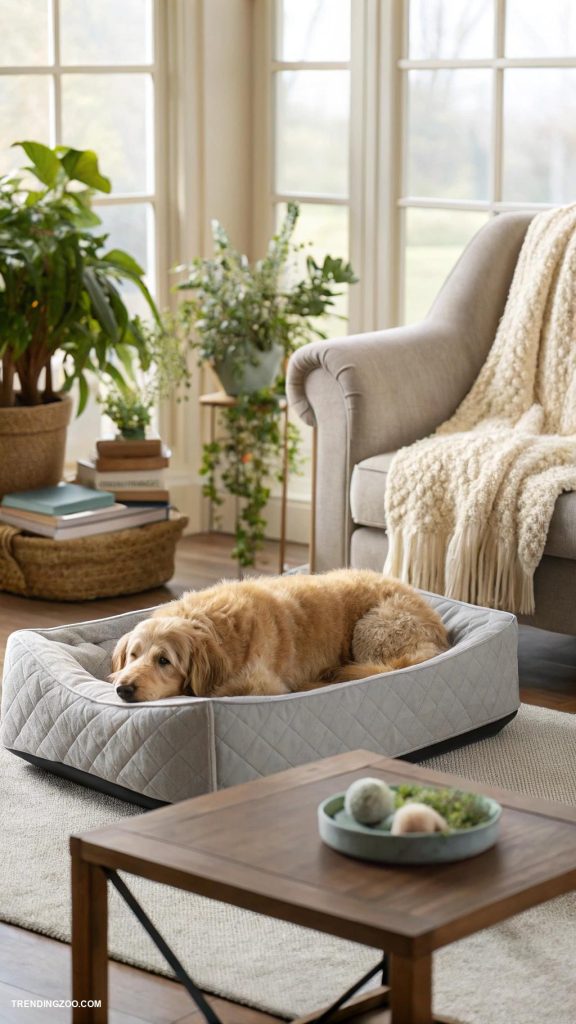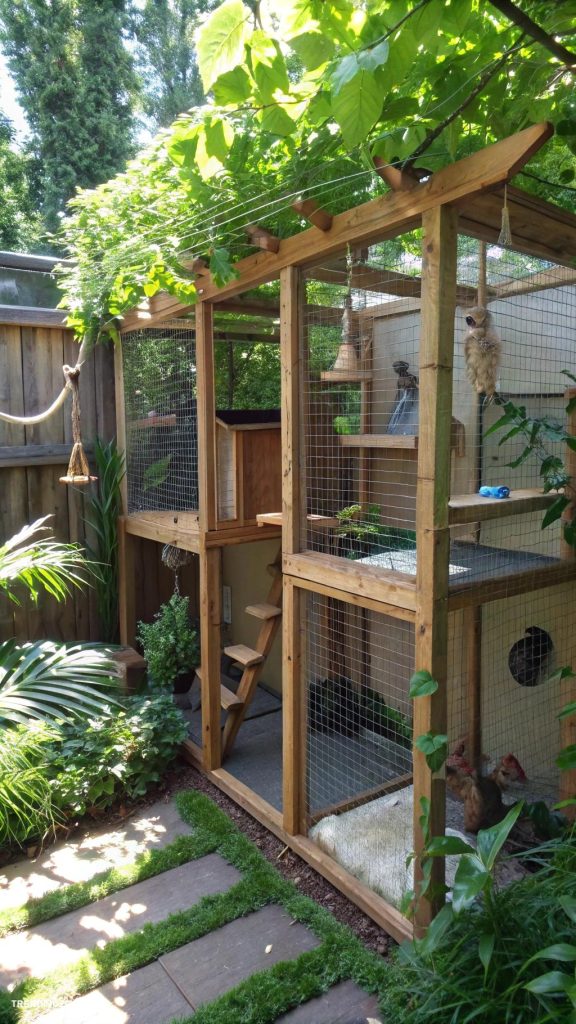Among the many breeds of dogs that have captured the hearts of pet owners worldwide, the chow chow stands out for its unique appearance, loyal temperament, and loving nature. With its distinctive blue-black tongue, fluffy coat, and endearing eyes, it’s no wonder why chow chow puppies have become a popular choice for families and first-time dog owners alike.
But before bringing one of these adorable balls of fluff home, it’s essential to understand the needs and characteristics of this ancient breed, which has been a beloved companion for centuries.
Overview of Chow Chow Breed Characteristics
The Chow Chow is an ancient canine breed with a rich history dating back over 2,000 years. As one of the oldest dog breeds, the Chow Chow has developed distinct characteristics that set it apart from other breeds.
One of the most notable features of the Chow Chow is its thick, fluffy coat, which comes in a variety of colors including red, black, blue, cinnamon, and cream.
The coat is double-layered, with a soft undercoat and a longer, guard hairs on top, making it look like a majestic lion’s mane. The Chow Chow’s coat is also known for its unique texture, which is often described as harsh and rough to the touch.
This breed is also famous for its distinctive head shape, with a flat skull, a short muzzle, and a distinctive “scowl” that gives it a perpetually grumpy appearance. The Chow Chow’s eyes are almond-shaped and dark, with an intelligent and alert expression.
Their ears are triangular and erect, adding to their regal appearance.
In terms of size, Chow Chows are a medium to large breed, with males weighing between 55-75 pounds and standing between 17-20 inches tall at the shoulder. Females are slightly smaller, weighing between 45-65 pounds!
Physical Features of Chow Chow Puppies
Chow Chow puppies are known for their distinctive physical features, which are a hallmark of the breed. At birth, they typically weigh between 15-20 pounds and stand approximately 10-12 inches tall at the shoulder.
As they grow, their compact bodies fill out, and they can reach a maximum weight of 55-75 pounds and stand 17-20 inches tall. One of the most striking features of Chow Chow puppies is their thick, double coat, which is designed to keep them warm in cold climates.
The outer coat is coarse and straight, while the undercoat is soft and dense. The coat color can vary, but common colors include red, black, blue, and cream.
Their eyes are typically dark brown and almond-shaped, giving them a wise and alert expression. Their ears are triangular and erect, adding to their dignified appearance.
The overall impression of a Chow Chow puppy is one of sturdy, majestic compactness, as if they are a bundle of energy and power waiting to be unleashed.
Temperament and Behavior of Chow Chow Puppies
Chow Chow puppies are known for their unique and endearing temperament, which is often described as aloof, independent, and sometimes even stubborn. From an early age, they tend to be wary of strangers and may take time to warm up to new people, environments, and situations. This is due in part to their ancient origins as a guard dog breed, and they have a natural instinct to be protective of their family and territory.
However, with proper socialization and training, Chow Chow puppies can learn to be friendly and outgoing, and they often form strong bonds with their owners. In terms of behavior, Chow Chow puppies are naturally curious and love to explore their surroundings, often getting into mischief and testing boundaries.
They require consistent discipline and boundaries, as they can be prone to misbehaving if not given clear guidelines and positive reinforcement.
With patience, love, and guidance, however, Chow Chow puppies can grow into well-behaved and loving companions, making them a wonderful addition to any family.
Important Care Tips for Chow Chow Puppies
Chow Chow puppies require a delicate balance of care to ensure they grow into healthy, well-adjusted adult dogs. One of the most crucial aspects of their care is their diet. As a breed prone to obesity, it’s essential to monitor their food intake and provide them with a high-quality, nutrient-rich puppy food that’s formulated for their specific needs.
Puppies should be fed three to four times a day until they’re about six months old, at which point they can be transitioned to twice a day. It’s also important to provide fresh water at all times, and to avoid giving them table scraps or human food, as this can lead to digestive issues and other health problems.
In addition to their diet, Chow Chow puppies need regular exercise to maintain their physical and mental health. Short, gentle walks and playtime sessions are ideal for young puppies, as they help to burn off excess energy and stimulate their developing muscles. As they grow, they’ll need more substantial exercise, such as longer walks and playtime in securely fenced areas. However, it’s essential to avoid overexertion, as this can lead to joint issues and other health problems later in life.
Grooming is another vital aspect of Chow Chow puppy care. Their thick, fluffy coats require regular brushing.
Training and Socialization for Chow Chow Puppies
Training and socialization are crucial components of raising a well-adjusted and well-behaved Chow Chow puppy. From the moment they arrive home, it’s essential to establish a routine that includes regular feeding times, exercise, and play. Chow Chows are naturally independent dogs and can be resistant to training, but consistency and positive reinforcement are key to developing good habits.
Start with basic obedience commands like “sit,” “stay,” and “come,” and be patient as they learn. Socialization is equally important, as Chow Chows can be wary of strangers and may require time to warm up to new people and environments. Introduce your puppy to a variety of sights, sounds, and experiences, such as car rides, visits to dog parks, and interactions with other pets and people. This will help them develop confidence and reduce the risk of fear-based behaviors later in life.
As your puppy grows, continue to reinforce good behavior with rewards and praise, and be prepared to address any behavioral issues that may arise. With time, patience, and consistent training, your Chow Chow puppy will grow into a loving and loyal companion.
Health Considerations and Common Issues
When it comes to the health and well-being of Chow Chow puppies, there are several important considerations and potential issues to be aware of. One of the most significant concerns is hip dysplasia, a genetic condition that can lead to arthritis and mobility problems if left untreated. Responsible breeding practices and regular veterinary care can help identify and mitigate this issue.
Another common health concern is patellar luxation, a condition where the kneecap slips out of place, which can cause pain and discomfort. Chow Chows are also prone to eye problems, including entropion and ectropion, which can be corrected with surgery. Additionally, allergies and skin issues are common in the breed, often caused by food sensitivities or environmental factors.
Regular grooming and a balanced diet can help alleviate these issues. It’s also essential to monitor and address any potential health concerns promptly to prevent more serious complications from developing.
Regular veterinary check-ups, vaccinations, and preventative care measures can go a long way in ensuring the overall health and happiness of your Chow Chow puppy.
Finding a Reputable Chow Chow Puppy Breeder
When it comes to finding a reputable Chow Chow puppy breeder, it’s essential to do your research and take your time to ensure you’re working with a responsible and trustworthy individual or organization. A good place to start is by asking for referrals from friends, family, or veterinarians who have experience with the breed.
You can also search online for breed clubs, rescue organizations, or national breed associations, which often have lists of approved breeders. Once you have a list of potential breeders, make sure to research each one thoroughly, looking for red flags such as multiple breeds being bred, poor living conditions, or a lack of transparency about the breeding process.
A reputable breeder will prioritize the health and well-being of their dogs, and will be happy to provide you with information about the puppy’s parents, including their health clearances, temperament, and genetic testing. They should also be willing to let you visit their facility, meet the parents, and ask plenty of questions about the puppy’s care and socialization.
Additionally, look for breeders who are accredited by organizations such as the Better Business Bureau or the American Kennel Club, and who are willing to provide a health guarantee and support for the life of the puppy.







